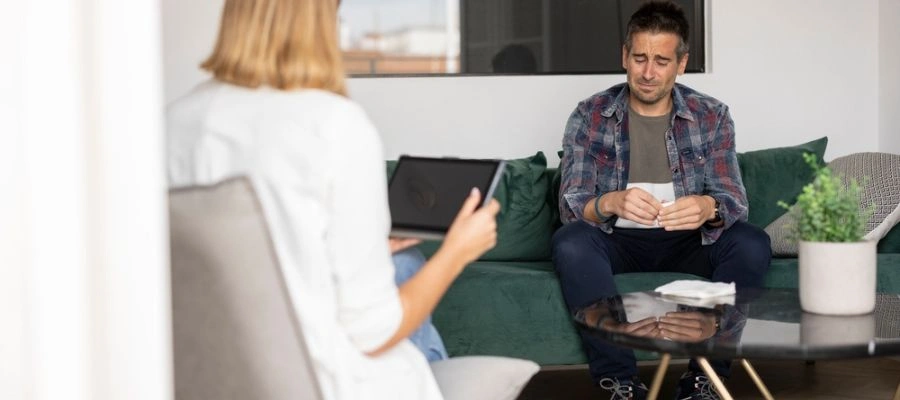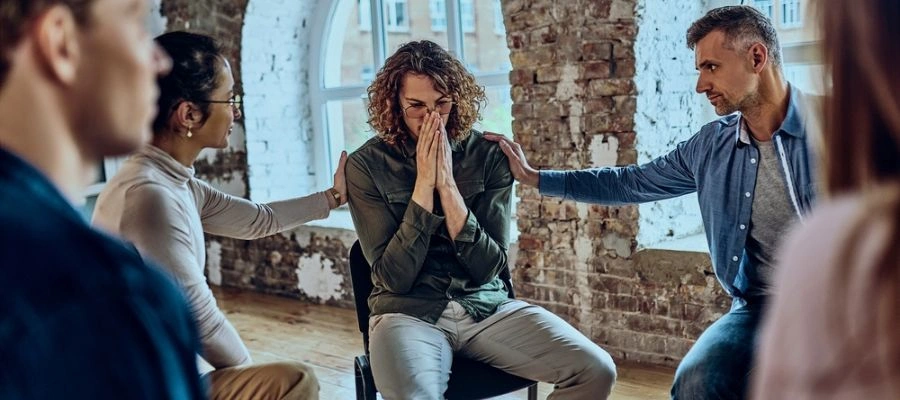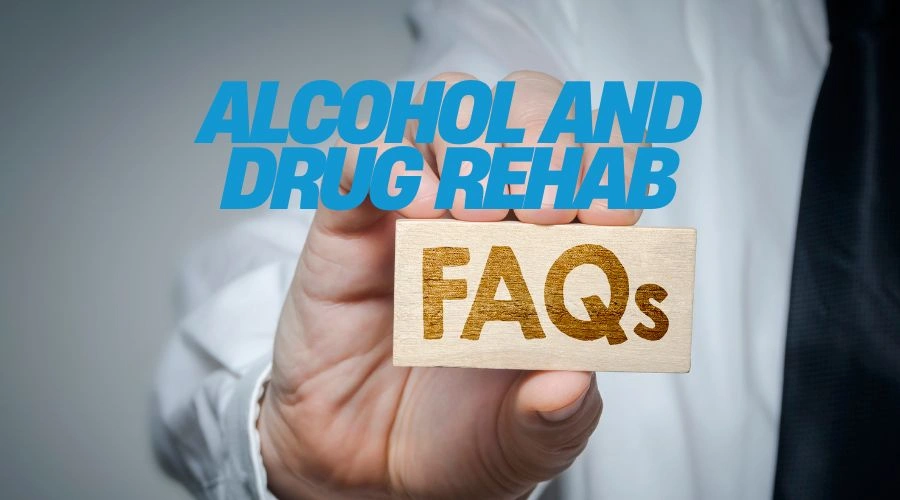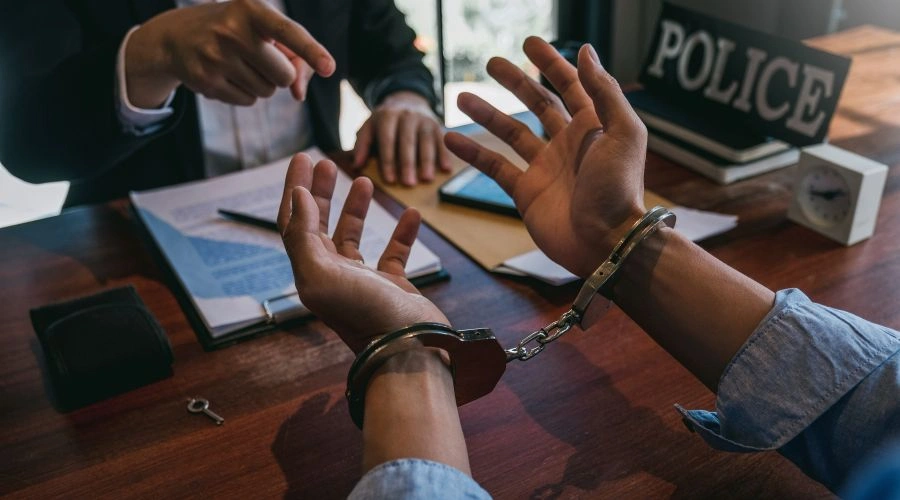Learning Life Skills for Recovery After Addiction Treatment at Icarus Wellness
Life skills take many forms, and they’re crucial for recovering addicts. Why? People who survive substance abuse, trauma, and mental health concerns often encounter circumstances that mean they aren’t given the opportunity to develop certain life skills.
For example, you may not have had access or exposure to coping skills for emotion regulation. Alternatively, you might not have the employable skills necessary to enter the workforce.
Or, it could be that you’ve never had the chance to learn how to truly care for a home, yourself, or your body. It can also be true that people lose certain life skills during active addiction, even if they previously had them.
Gaining these skills means that you can take control of your life, escape the cycle of addiction, and build the future you want. Icarus Wellness is here to provide you with a comprehensive set of skills necessary to achieve and maintain sobriety. We consider your financial, physical, mental, and social well-being, ensuring that no aspect is overlooked.
Get Accredited Treatment Programs at Icarus
Life Skills for Recovering Addicts
The life skills you need most will depend on who you are. Review this list and consider which life skills you can focus on to enhance your life and support your personal recovery.
Mental Health Coping Strategies
We all need mental health coping strategies. In therapy for addiction and mental health, we often teach a range of coping strategies and ways to support mental health. For example:
- Urge surfing.
- Deep breathing exercises.
- Creative activities, like journaling and expressive arts.
- Finding purpose through activities like volunteering.
- Progressive muscle relaxation.
- Physical activity.
- Meditation.
Skills like these can be used in everyday life for trigger and stress management. They can also help you navigate negative emotions or thoughts.
Interpersonal and Communication
Interpersonal skills are crucial for success in most aspects of life. They can help you build and maintain healthy relationships. Examples of interpersonal and communication skills you might learn in treatment include:
- Conflict resolution.
- Setting boundaries.
- Asking for emotional support and providing support to others.
- Active listening skills.
These are also known as social skills. Family therapy, groups, and individual therapy sessions at our center may all focus on building life skills related to communication and social relationships.
Self-Care and Basic Life Skills
Self-care and basic life skills are foundational to overall health and well-being. If you need to brush up on basic skills, such as those listed below, treatment can help.
- Time management.
- Personal hygiene.
- Preparing healthy meals.
- Regular exercise.
- Sleep hygiene.
Our programs (especially residential treatment) teach these skills and others through structured routines.
Critical Thinking and Problem-Solving
Icarus Wellness emphasizes the importance of critical thinking, problem-solving, and decision-making skills. Having these skills means that you can make healthy decisions that support your sobriety. These are often taught in individual and group therapy sessions.
Financial Planning and Resources
Financial literacy is a strongly desired life skill for many people overcoming substance addiction. Examples of financial skills that may support your recovery journey include:
- Budgeting skills.
- Knowledge and education regarding resources that may be accessible to you (e.g., food assistance, help paying for sober housing now or in the future).
Drug and alcohol abuse are linked to financial problems. Having these skills can help you improve your finances after addiction.
Job and Education
Job and education skills for recovering addicts can take many forms, depending on who you are. For example:
- Help finding education programs. For example, a General Education Diploma (GED), college, or trade school program.
- Help entering or reentering the workforce after treatment.
- Resume building.
Some people in our programs have established careers, such as those in our executive rehab programs. These individuals may need to develop specific skills, like maintaining a work-life balance or managing stress and self-care in high-demand jobs (e.g., healthcare workers).
Get Effective Detox and Rehab Options at Icarus
Learning Life Skills for Recovery After Addiction Treatment at Icarus Wellness
For many individuals with substance use disorders, learning life skills like money management, social, and emotion regulation skills, are crucial for lasting success. People often return to addiction due to an unmet need, whether that is an unmet emotional need–for example, few skills for overcoming impulsivity, loneliness, depression, or stress–or another type of need.
Extensive research shows that risk factors like mental health concerns, low socioeconomic status, and certain careers are linked to substance abuse. Addressing these concerns, rather than focusing on sobriety alone and as a behavior, means that factors that contribute to your addiction are acknowledged and addressed.
At Icarus Wellness, we believe in whole-person recovery. This means that we look at all aspects of your life and well-being during the recovery process. If there is a life skill you don’t have, our team is here to help you learn it and fill in the gaps.
Life Skills Training Program Options
Icarus Wellness offers multiple treatment program options for substance abuse. These include our residential inpatient treatment program, partial hospitalization program, and intensive outpatient program. When you reach out to our center about getting treatment, we can help you choose the right treatment option for you.
We also provide aftercare planning and alumni support for clients approaching graduation and clients who have completed our programs. These services help you transition out of treatment, continue to learn important life skills, and sustain long-term recovery.
Our programs are covered by most forms of insurance. This makes treatment services more accessible to individuals and families in and outside of the Gem State who are working toward lasting recovery.
Choose Icarus Wellness for Life Skills Support and Effective Treatment Options
Icarus Wellness is a substance addiction, mental health, and dual-diagnosis treatment center in Boise, Idaho. Recovery life skills are just one part of our evidence-based, whole-person approach. We also know that every client is unique.
As a result, all clients get personalized treatment plans that consider their specific goals, needs, and the life skills they’ll need for ongoing success after treatment.
Please call our admissions line to start your journey today. We’re here to answer your questions, verify your insurance, or help you start the intake process now.
Up To 100% of Rehab Costs Covered By Insurance
FAQs About Life Skills for Recovering Addicts
Why are life skills important in addiction recovery?
Life skills are essential for creating a fulfilling life after addiction and reducing the risk of relapse. Whether you’re learning new life skills or are re-learning skills lost during active addiction, they can increase your confidence.
What are the life skills for adults with mental illness?
Treatment for mental illness in adults can involve a range of daily life skills. For example, emotion regulation and interpersonal skills are often taught during therapy for mental health. Icarus Wellness can help individuals with mental disorders develop the life skills and coping mechanisms needed for symptom management.
What do recovering addicts need?
Each recovering addict will have unique needs. If you are overcoming substance abuse, you might benefit from:
- Social connection. This can include support groups, treatment providers, friends, family members, and others.
- Healthy lifestyle guidance. For example, how to build a nutritious diet, get enough sleep, and manage stress.
- Financial management skills. Knowing how to manage money (e.g., building a budget for groceries and rent), overcoming impulsive spending, and gaining access to resources that can help you if you are low-income are just some examples of what this could look like.
- Emotion regulation. Often, this will involve learning how to accept, process, and express how you feel.
Most people in addiction recovery will work on a combination of these things. That combination could be different depending on who you are.
What are some relapse prevention skills for recovering addicts?
Good question. Relapse prevention skills are a crucial part of our program. These may include but are not necessarily limited to:
- Recognizing your personal warning signs of relapse.
- Understanding the stages of relapse (which include emotional, mental, and physical relapse).
- Coping mechanisms for high-stress situations.
- Knowing how to seek support when you feel isolated.
Relapse prevention post-treatment can also involve things like continued medication management, ongoing therapy, self-care, or participation in support groups.








